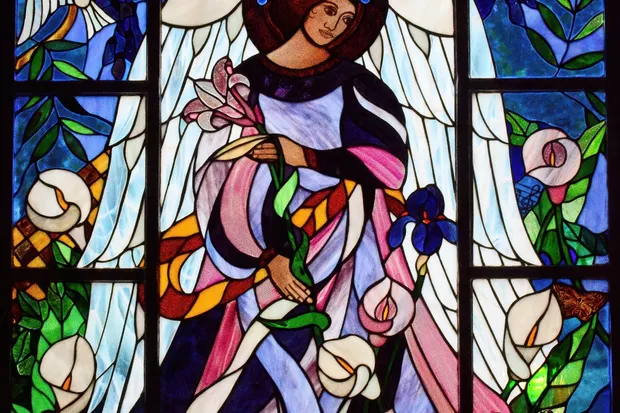From the Junior School head's desk: 17 June 2022
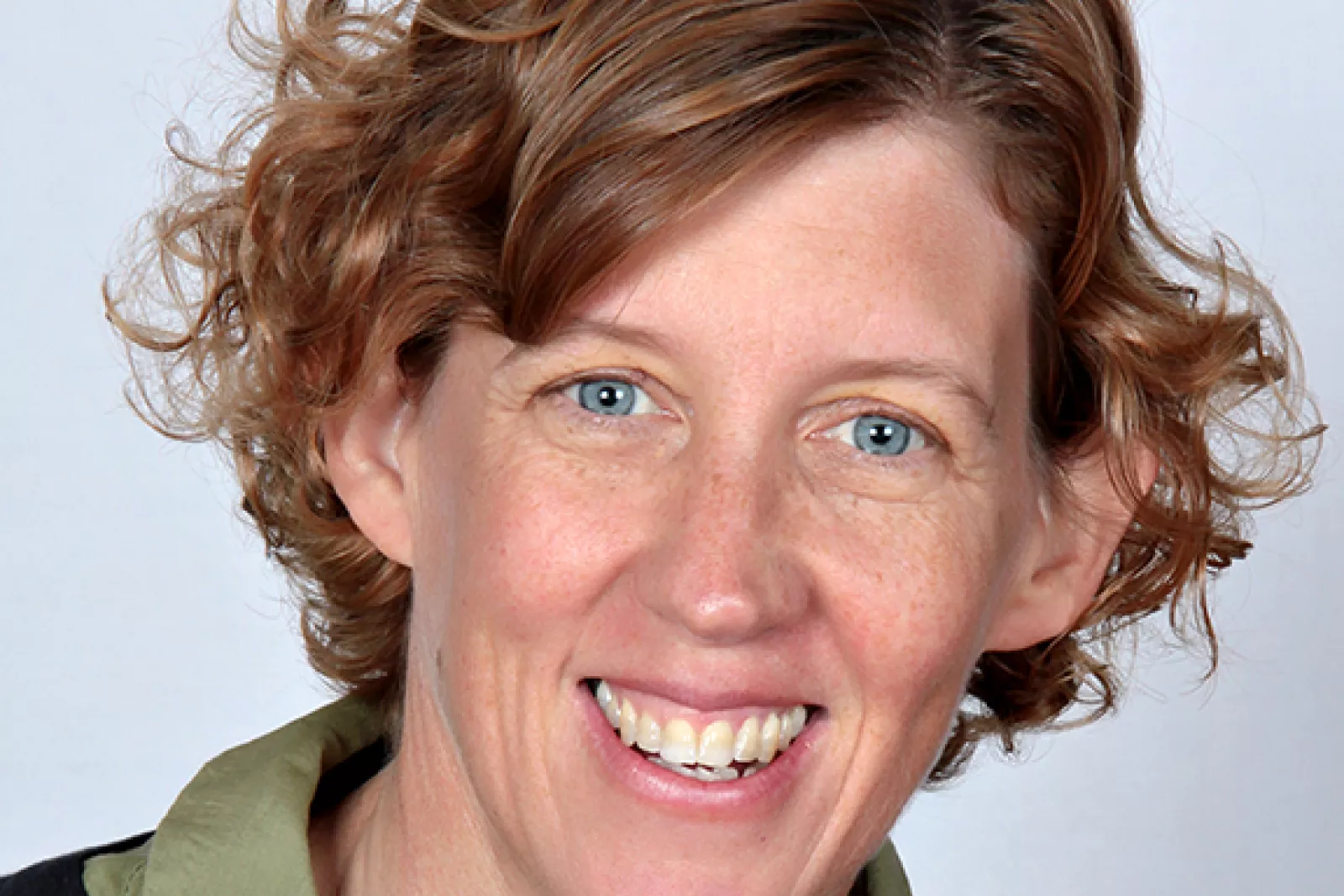
By the time you read this newsletter, 16 June, National Youth Day, will have happened. We will be looking forward to the weekend and our eyes will be turned towards the next week and what it will bring – more Family Day services, piece playing, Grade 7 cake and candy.
Sometimes our everyday preoccupations can look absurd when viewed through the lens of momentous events from the past, but diminishing ordinary life is not what these commemorative days are for. If anything, days like Youth Day ask us to cherish time spent with family and to acknowledge the exceptional gift of ordinary pleasures. What public holidays, commemorations and anniversaries ask us to do is to stop, slow down, remember – and keep striving. They interfere with the regular flow of days and events, and they try to startle us into reflection by interrupting our routine.
Youth Day asks us to remember, with our children, that 46 years ago, around 2000 school students in Soweto interrupted their routine by not going to school. According to historical records, Soweto was cold and dry on the morning of 16 June 1976. It was a typical Wednesday, and many people, mothers and fathers, would have left their homes for work by the time the school students began to fill the streets singing and chanting as they marched towards Orlando Stadium.
The students knew why they were not going to school – they knew that they were marching together that day to send a strong message to the government about the intolerable conditions at their schools: overcrowded classrooms, few teachers and limited resources. Add to this, the decision by the minister of Bantu affairs in 1975 that the medium of instruction at these schools – the language half the students’ subjects would be taught in – should be Afrikaans, a language none of these children spoke at home and which they associated with the white government responsible for the institution of apartheid.
What these students couldn’t have known was how the day would end: with Soweto in flames, and with the deaths of at least 104 children under the age of 14 there and in other parts of the country.
Youth Day, the public holiday we enjoyed yesterday, asks us to remember, but it also asks us to pay attention and to keep listening: to keep listening to all the children who continue to plead with the adults in power to do better, to think more carefully, and to make wiser, fairer decisions.
It’s a day on which we can be thankful to the many uncelebrated children who lost their lives fighting for change all those years ago in 1976; it’s also a day on which we can be thankful to child activists all over the world who have fought and continue to fight bravely for change.
At our inaugural, multilingual Senior Primary public speaking evening earlier in the week, Siphesihle Kubheka (Grade 7) spoke about bravery – the ordinary, daily kind (that involves owning up to your teacher that you have not done your homework) and the more spectacular variety that we associate with the likes of Zulaikha Patel (who confronted an institution and prevailed).
“Brave,” to quote Siphesihle, “can be said in many ways.”
SARAH WARNER
JUNIOR SCHOOL HEADMISTRESS
Related News
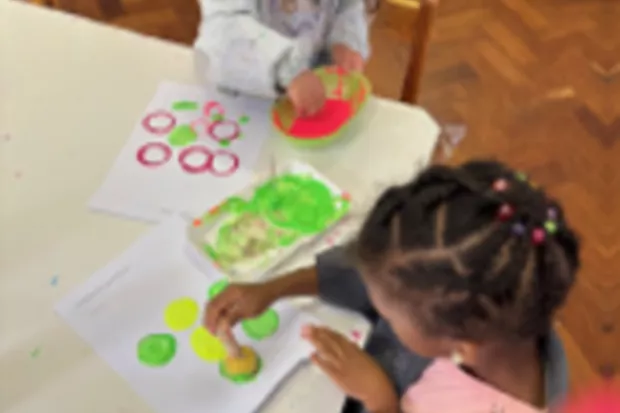
Little Saints News
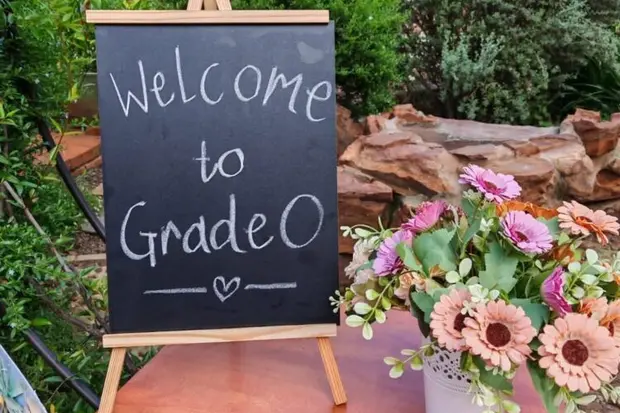
Grade 0 News
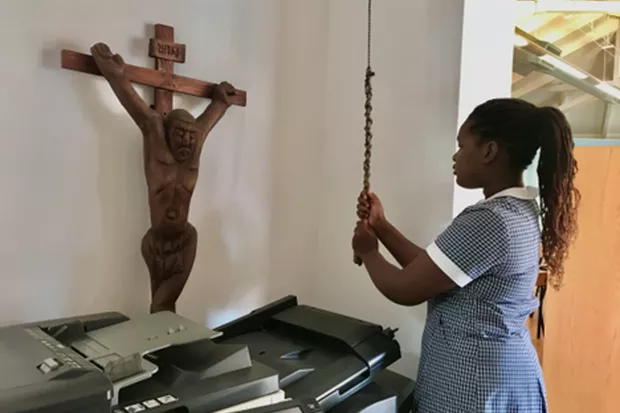
Grade 7 News
